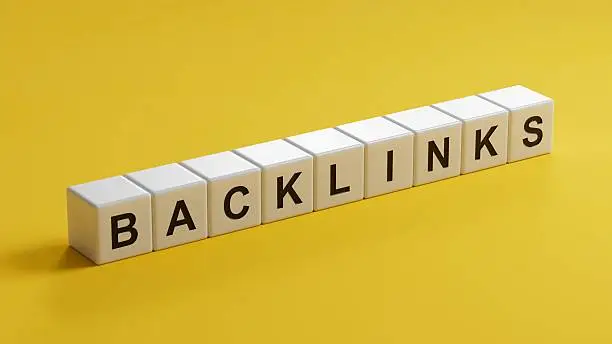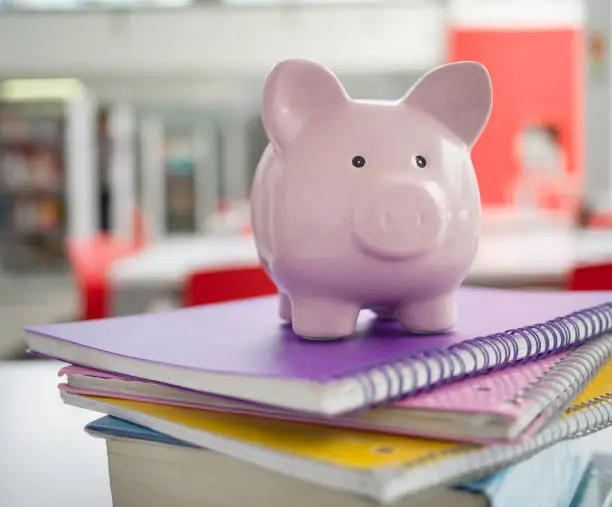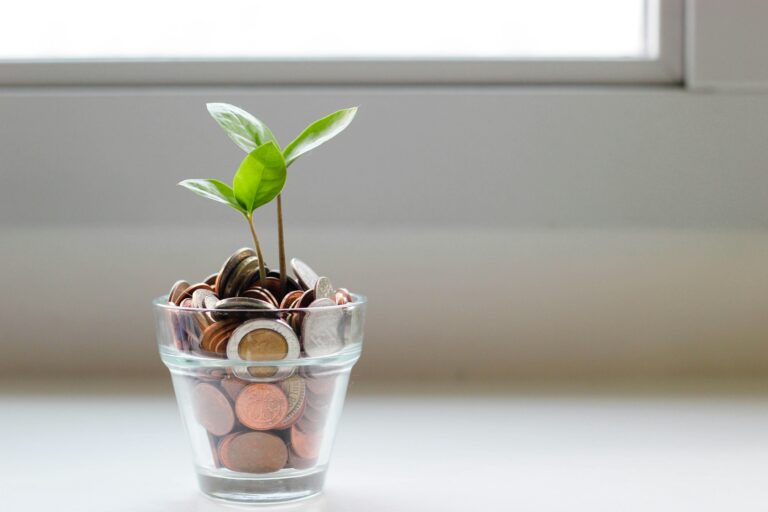
Image | COURTESY
Saving money during tough economic times can be challenging but necessary to maintain financial stability. Here are some practical strategies on how to save money during hard economic times.
Create a Budget and Stick to It
The first step to saving money is understanding where your money is going. A well-planned budget can give you a clear picture of your income and expenses. Here’s how to create an effective budget:
List Your Income: Include all sources of income, such as salary, freelance work, and side hustles.
Track Your Expenses: Categorize your spending into essentials (like rent, utilities, groceries) and non-essentials (like entertainment, dining out, subscriptions).
Identify Areas to Cut Back: Focus on reducing non-essential expenses. Look for places where you can trim spending, such as cancelling unused subscriptions, limiting eating out, or reducing energy consumption.
Set a Savings Goal: Even if it’s small, set a realistic goal for saving each month and stick to it.
Prioritize Needs Over Wants
During hard economic times, it’s important to distinguish between what you need and what you want. Focus on covering your basic needs such as:
Housing: Rent or mortgage payments are essential.
Food: Stick to a grocery list with essentials, avoiding impulse buys.
Healthcare: Ensure you are covered for any necessary medical expenses.
By prioritizing needs, you can avoid unnecessary spending and free up more money for savings.
Cut Unnecessary Expenses
One of the easiest ways to save money is by cutting out expenses that aren’t absolutely necessary. Here are some ideas:
Reduce Entertainment Costs: Instead of paying for multiple streaming services or going out for entertainment, opt for free or low-cost alternatives like reading, walking, or streaming free content.
Limit Dining Out: Cooking at home is much cheaper than eating out. Plan meals ahead of time to avoid the temptation to order takeout.
Pause Subscriptions: Review monthly subscriptions such as gym memberships, apps, or streaming services, and consider cancelling or pausing the ones you don’t need.
Find Cheaper Alternatives
In many cases, you can find cheaper alternatives to the products or services you regularly use. Here’s how to make smart choices:
Buy Generic Brands: Generic or store-brand products are often just as good as name-brand versions but come at a lower cost.
Shop Sales and Use Coupons: Take advantage of discounts, deals, and coupons, especially for groceries and household items. Apps and websites often offer digital coupons to help save even more.
Buy in Bulk: When possible, buy non-perishable items in bulk to save money in the long term.
Build an Emergency Fund
Having an emergency fund is critical during economic uncertainty. This fund can help cover unexpected expenses like medical bills, car repairs, or sudden job loss. Here’s how to build one:
Start Small: Even small contributions add up over time. Aim to save at least 3 to 6 months of living expenses.
Automate Savings: Set up automatic transfers from your checking account to your savings account each month. This makes it easier to consistently build your emergency fund.
Use Windfalls Wisely: If you receive any unexpected money (e.g., a tax refund or bonus), consider putting a portion of it directly into your emergency fund.
Find Ways to Increase Your Income
If your current income isn’t enough to cover your expenses and savings, finding ways to increase your earnings can make a big difference. Some options include:
Freelancing or Part-Time Work: Consider taking on a side job, freelancing, or offering services in areas like tutoring, graphic design, writing, or delivery services.
Sell Unused Items: Look around your home for items you no longer use or need. Selling them on platforms like eBay, Craigslist, or Facebook Marketplace can provide extra cash.
Leverage Skills: If you have a skill, such as baking, photography, or crafts, think about turning it into a small business or side hustle.
Reduce Energy and Utility Costs
Cutting down on energy usage can save you money on monthly utility bills. Here’s how to reduce energy consumption:
Unplug Electronics: Devices left plugged in continue to use electricity even when turned off. Unplug them when not in use.
Use Energy-Efficient Appliances: If possible, switch to energy-efficient bulbs, appliances, and other electronics to save on electricity costs.
Monitor Water Usage: Take shorter showers, fix leaky faucets, and run full loads in the washing machine to reduce water bills.
Avoid New Debt
During challenging economic times, it’s important to avoid accumulating new debt. If possible:
Avoid Using Credit Cards for Non-Essentials: Using credit cards for everyday expenses can lead to high-interest debt. Use cash or debit cards to stay within your budget.
Consolidate Debt: If you have existing debt, consider consolidating it to a lower interest rate or creating a payment plan to pay it off faster.
Use Public Resources
Look for government or community programs that can help you save money or provide assistance:
Food Banks: If you’re struggling with grocery costs, food banks and community programs can provide meals or pantry items.
Financial Assistance Programs: Explore programs that offer financial support, reduced utility rates, or housing assistance during economic hardship.
Focus on Long-Term Financial Habits
Even in hard times, building good financial habits can help you save more in the long run:
Avoid Impulse Buying: Stick to your shopping list and budget, and avoid unnecessary purchases.
Practice Patience: Consider delaying big purchases until you’ve saved enough money to avoid going into debt.
Also read:Former Hollyoaks Star Ali Bastian Shares Breast Cancer Diagnosis




